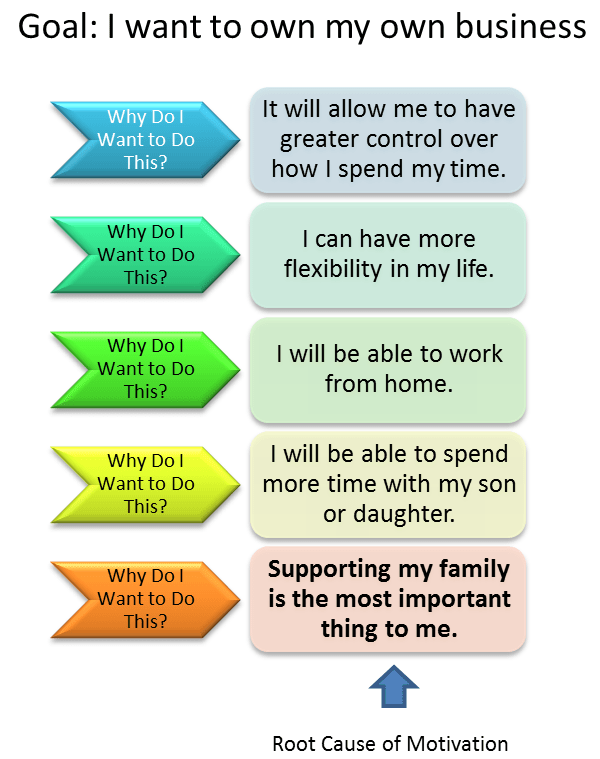In my previous post, I shared my story of how it felt to lose a job that I loved and be unemployed for six months. I received some great advice during that time, and also learned things along the way that made the job search process a bit less daunting. I want to share three with you, in the hopes that they are helpful to you as well.
1. Ask yourself why you do what you do
This may sound easy at first. Usually, we will say something like “I do this thing because this thing is important, and no one else will do this thing it if I don’t.” But have you ever asked yourself why, out of all possible options, are you motivated by or passionate about this thing? What makes you get out of bed and dedicate hours of your life to it over everything else?
I drew a blank when first faced with this question. I had no idea. When your job involves advocating for justice and facilitating aid to vulnerable people, you don’t really feel the need to consider why you’re doing it. So, a career counselor walked me through an exercise called “The 5 Why’s”. You start with answering, “Why do I do [insert profession/ professional focus here]?” or “Why do I want to [insert profession/ professional focus here]?” Ask yourself the why question again using that answer. Do this five times.
So, as one example:

Identifying why you are motivated to do what you do helps you focus your search on jobs that align with those motivations. It also allows you to be more authentic when talking to any potential employer. And that kind of self-awareness can’t be faked in an interview situation.
2. Set achievable goals for your search
Job hunting was overwhelming in 2016, and I have no doubt it’s overwhelming in “post-COVID” 2021.
Many things may have changed about job searching in the last five years, but one thing hasn’t: the importance of practical goal-setting. These can be SMART, bite-sized goals that you break down by days and weeks to keep you focused. For example, “Today, I will dedicate 30 minutes to revising my resume” or “By the end of this week, I will send five informational interview requests and apply for at least two jobs.” I’m an achiever by nature, and crossing things off of a to-do list gives me a big mental boost. By breaking the job hunt into smaller chunks this way, it felt way less intimidating and kept me from burning out.
3. Informational interview, informational interview, informational interview
Yes, these are still a thing. When I first started asking people to meet for a quick coffee or a 20 minute Skype chat while unemployed, I was afraid of bothering busy people. However, what I found was that in general, people really like talking about what they do with someone who is genuinely interested.
So why are informational interviews still so important?
- They give you critical face time. When someone can put a face to a resume or LinkedIn profile, even virtually, it can help you stand out.
- Networking connects you to networks. When I would speak with people, I often received recommendations for other people/ organizations to reach out to, as well as many offers to connect me directly.
- You can gain intel that you would not otherwise have known. Information like whether there’s actually funding for the position you’re interested in, what emerging trends to watch for, and which issues are winning the most grants can really influence your search. Once, I was told there was already an internal candidate in mind for a specific position and to not waste my time applying. No wonder online job portals can seem like black holes for resumes!
Remember, you got this
If you’re currently unemployed or looking for work, I want you to know that you’re doing great and that I’m rooting for you. Unemployment is stressful, and it can feel nearly impossible to keep your perspective and stay motivated. These three things really helped me take things a day at a time when it seemed like everything was falling apart.
Are you currently job hunting? What are things you’ve learned or that have helped you keep your sanity?



